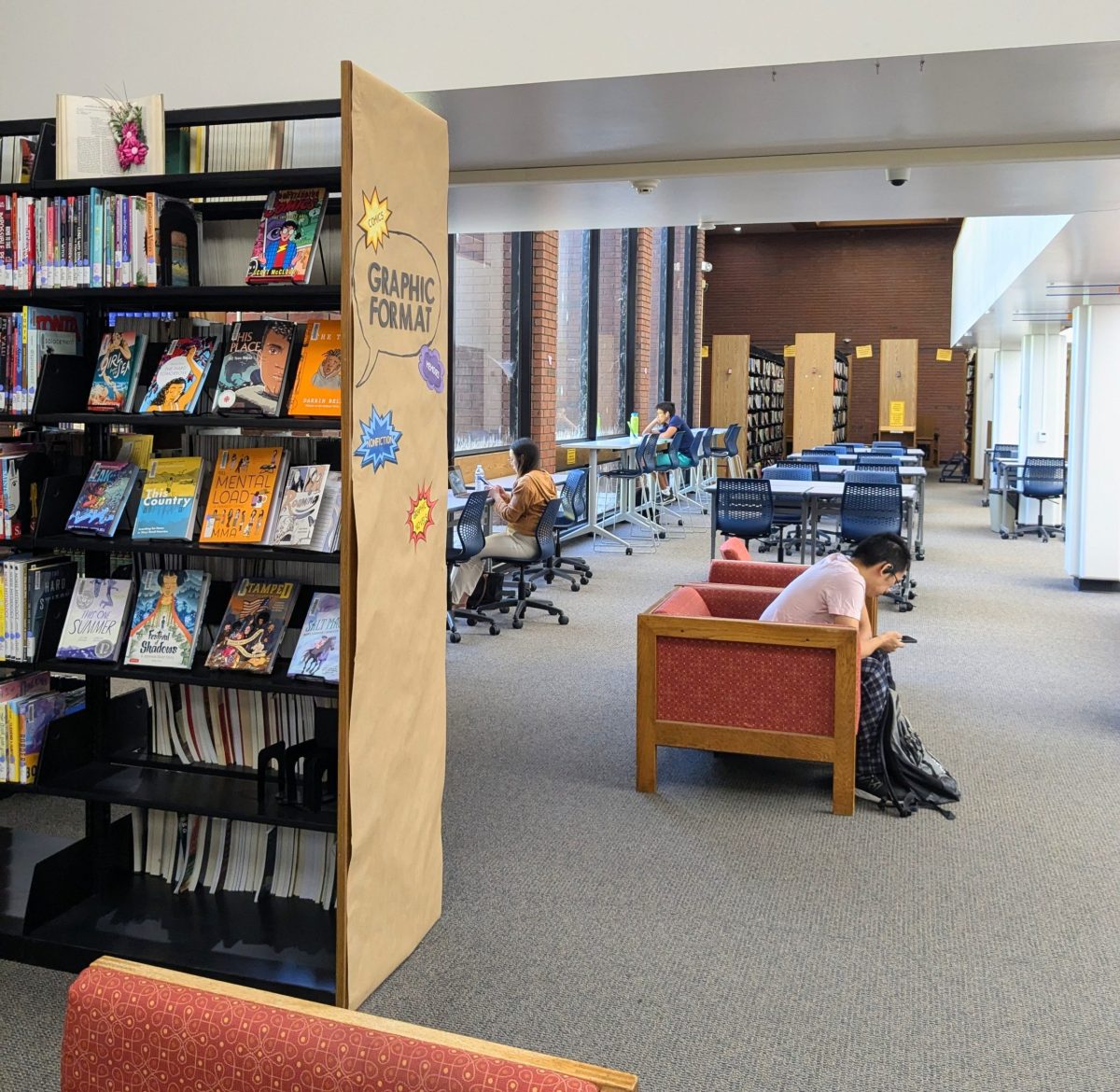With the fall semester in session at Cosumnes River College, there are many resources on campus to support new and returning students.
The College Center is where students can get student ID cards, reset eServices passwords, make counseling appointments and buy parking permits, open Monday through Thursday from 8 a.m. to 6 p.m. and Friday until 4:30 p.m.
If students are looking for tutoring, the Learning Resource Center holds the Math Center, which is open from 8:30 a.m. to 8:30 p.m. Monday through Thursday and until 3 p.m. on Fridays. The Reading and Writing Center is open between 9 a.m. to 4 p.m. Monday through Thursday and until 2 p.m. on Friday. These centers help students comprehend assignments, ask questions, write essays, improve reading skills and more.
The library is another place that offers resources where students can rent Chromebooks for free, acquire textbooks, study and make appointments for research help, outreach specialist Carrie Reyes Cruz said.
“We’re all here to help you,” Cruz said. “There’s no question that’s too small or no question too big.”
Taking an online class, such as College and Life Skills 101, can also help students learn to be successful in college.
“High school and college are very different and there’s a lot of different expectations, and so, just having those clearly laid out in a class like this will hopefully make that transition a little easier,” said anthropology Professor Amanda Paskey, who helped develop the class.
College and Life Skills 101 is an online, self-enrolled, self-paced and free class created during COVID by Paskey, biology Professor Jena Trench, humanities Professor Karl Zoller and retired nutrition Professor Timaree Hagenburger.
Paskey said the course focuses both on the academic and mental health side of attending college, including how to take effective notes, how to study for a test, stress management and time management.
All professors offer office hours where students can ask questions about course material, clarify instructions, or receive any other aid from their professor.
Zoller said one thing he regrets not taking advantage of when he was an undergraduate was office hours offered by professors.
“I could be sort of shy and so, I felt it was kind of intimidating to go to office hours initially, but once I went, then I just realized there’s this extra time where I can ask questions that would help me,” Zoller said.
CRC has implemented the zero cost textbook program where textbooks are offered for free or at low cost.
When enrolling for classes, there will be a graphic of a dollar sign crossed out, meaning zero cost, or an arrow pointing down, meaning low cost, which shouldn’t be more than $50, Cruz said.
Students can also check out textbooks from the library for a couple hours or scan pages, so they’re always available.
Zoller said as an undergraduate, he wished he took the opportunity to join clubs and socialize with other students, but did not partially because he wasn’t aware of the programs on campus.
The Puente project, Umoja, Native American Higher Education Resources, African American Male Education Network & Development and other programs are all recruiting.
“We’re keeping an eye on you and we’re rooting for you,” Paskey said.

